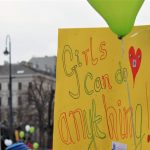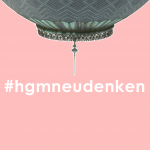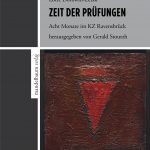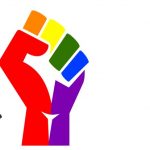 Women in German Conference (Web); Panel Co-Coordinators: Tiffany Florvil (Univ. of New Mexico); Vanessa Plumly (Lawrence Univ.); Kevina King (Univ. of Massachusetts, Amherst)
Women in German Conference (Web); Panel Co-Coordinators: Tiffany Florvil (Univ. of New Mexico); Vanessa Plumly (Lawrence Univ.); Kevina King (Univ. of Massachusetts, Amherst)
Time: 15.-18.10.2020
Venue: Sewanee-University of the South, TN
Proposals by: 15.02.2020 (extended)
This panel explores the Black German tradition of queering and querying the gaze, knowledge, and ontologies, by examining past, present, and future visions of collective and individual identity. Thus, what we mean by queer eye could also be understood as a queer „I“. The queer eye attends to the multiple focal points of Black German Studies, especially its overlapping and intersecting lenses.
Black German ontologies and subjectivities return the critical gaze back onto the exclusionary, normative constructs that (re)produce and mark their non-being and non-belonging and undermine Black fungibility. But they equally envision Black Germans as capable of operating, producing, and being outside of such epistemological paradigms. As Fatima El-Tayeb’s European Others: Queering Ethnicity in Postnational Europe emphasizes the explicit need to queer national contexts, she points to Black German agents who complicate notions of belonging through queer time, space, performance, and self-making.
Moreover, in the context of the Black German women’s movement Peggy Piesche and Tiffany Florvil have highlighted the significance of queer positionalities within the community as well as its „queered“ publications from Farbe bekennen to afro look that incorporate various modes of story-telling and embody the spacetime (Wright) dimension of their archive, content, and meaning. Continue reading

![Ausschnitt aus dem Cover von: Christine FERTIG und Margareth LANZINGER (Hgg.), Beziehungen, Vernetzungen, Konflikte. Köln/Wien/Weimar 2016 [Zum Vergrößern und Vollbild anklicken] cover-ausschnitt-margareth-lanzinger-und-christine-fertig-2015](https://salon21.univie.ac.at/wp-content/uploads/Cover-Ausschnitt-Margareth-Lanzinger-und-Christine-Fertig-2015-150x150.jpg)

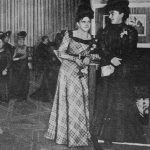 Ariadne – Österreichische Nationalbibliothek (ÖNB)
Ariadne – Österreichische Nationalbibliothek (ÖNB) 